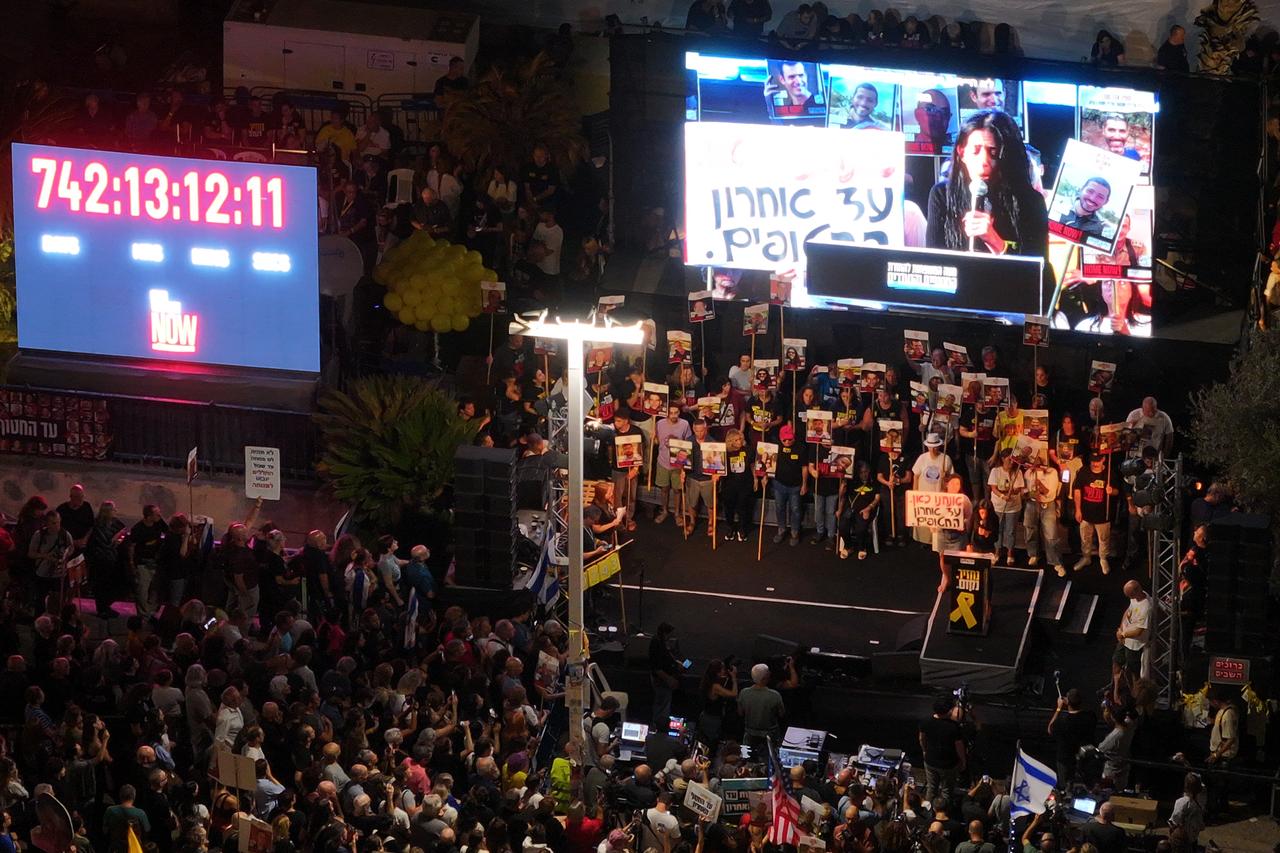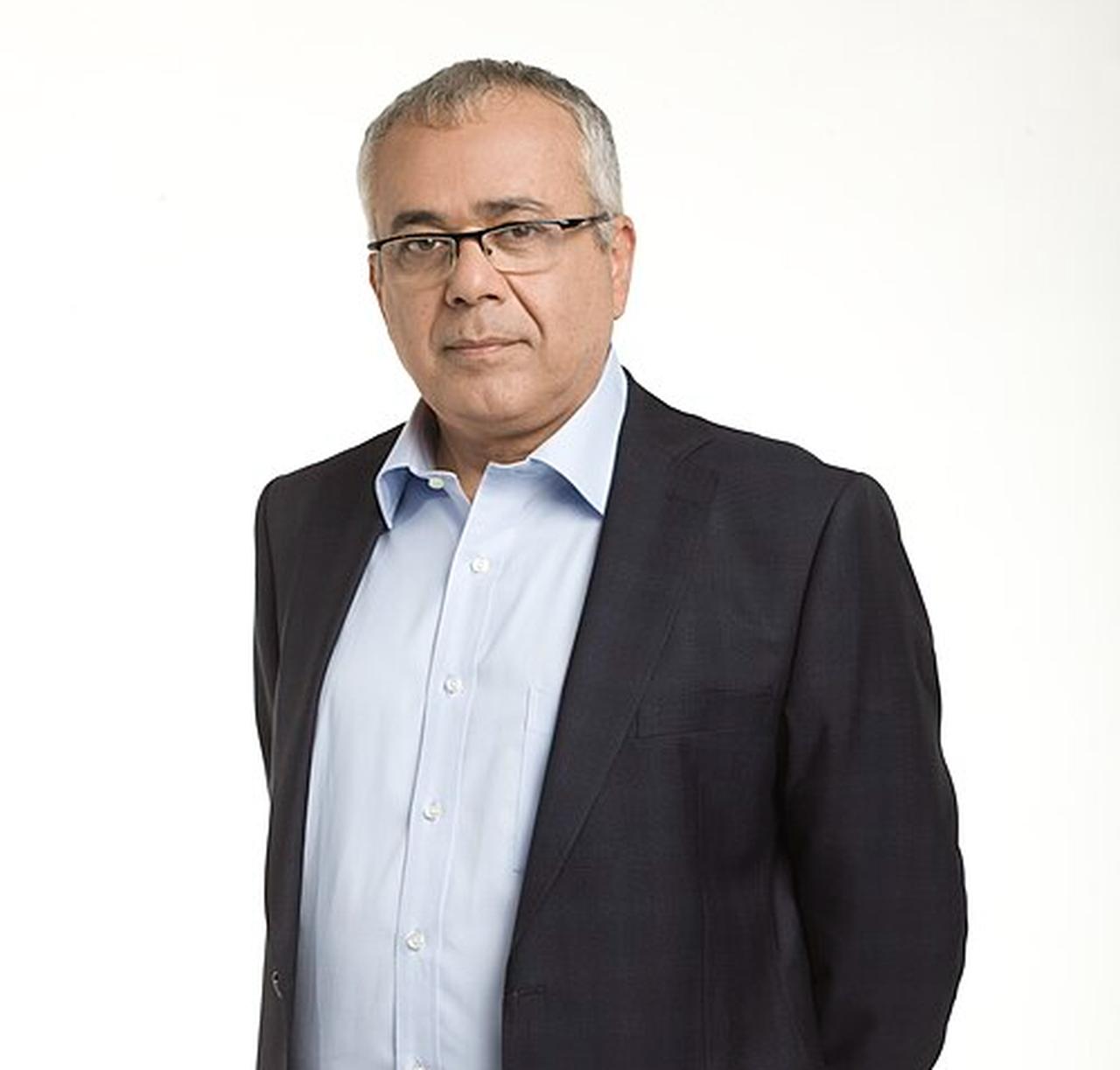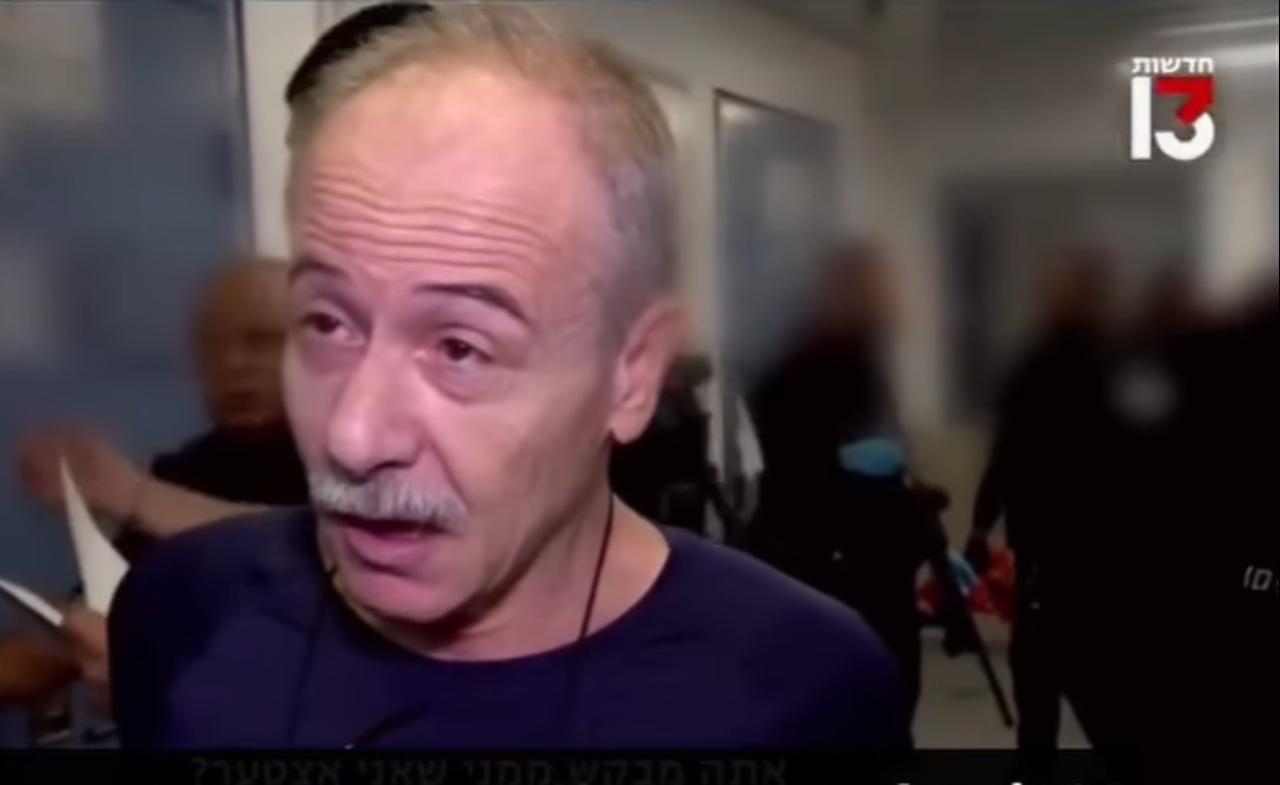
Israeli media outlets have highlighted the controversy sparked by statements made by recently released Palestinian prisoners as part of a prisoner exchange deal.
Journalist and TV host Amnon Levy pointed to a double standard in Israeli discourse, saying it is unfair to accuse Palestinians of incitement against Israel before Israel itself ends its own internal incitement against Palestinians.
He noted that some Israeli politicians and journalists justify violence and openly call for the expulsion of Gaza’s residents and the denial of their rights.
Levy argued that combating incitement is a “good idea,” but it must begin within Israel itself, where some media figures and Knesset members incite violence against Palestinians.

Meanwhile, individuals implicated in crimes against them are portrayed as “saints” in the eyes of the religious-nationalist right.
In the same context, Channel 13 political analyst Gil Tamari addressed the incident involving environmental activist Greta Thunberg, who said she was beaten and insulted by Israeli security forces.
He criticized what he described as an “unjustified fit of rage” led by National Security Minister Itamar Ben Gvir.
He argued that the violent treatment of Thunberg was a grave mistake that handed the world yet another piece of evidence reinforcing Israel’s negative image.
In parallel with these criticisms, Channel 13 aired a report from inside one of Israel’s prisons, describing the released Palestinian prisoners as “terrorists.”
The footage showed preparations by the Prison Service for the release operation amid heightened security and what were described as humiliating measures, as prisoners were prohibited from displaying any signs of joy.

The report included brief interviews with several prisoners, among them Mahmoud Abu Surour, who was sentenced to life imprisonment for killing a Shin Bet investigator in 1993.
Abu Surour said he had spent 33 years in prison and refused to express any remorse, stating that what happened was “part of the war before the Oslo Accords.”
The report’s producer commented on the footage by referring to the prisoners as “vile murderers,” adding that they “deserve harsher treatment, not a cup of coffee before their release.”
This remark was widely viewed in Israeli media circles as further evidence of the growing hate speech within Hebrew-language media.
This description sparked mixed reactions in the studio.
Journalist Razi Barkai stressed the need to distinguish between the killing of civilians and the targeting of security personnel.
He argued that clashes between soldiers and Palestinian fighters are “part of an armed conflict that cannot be separated from its political and security context.”